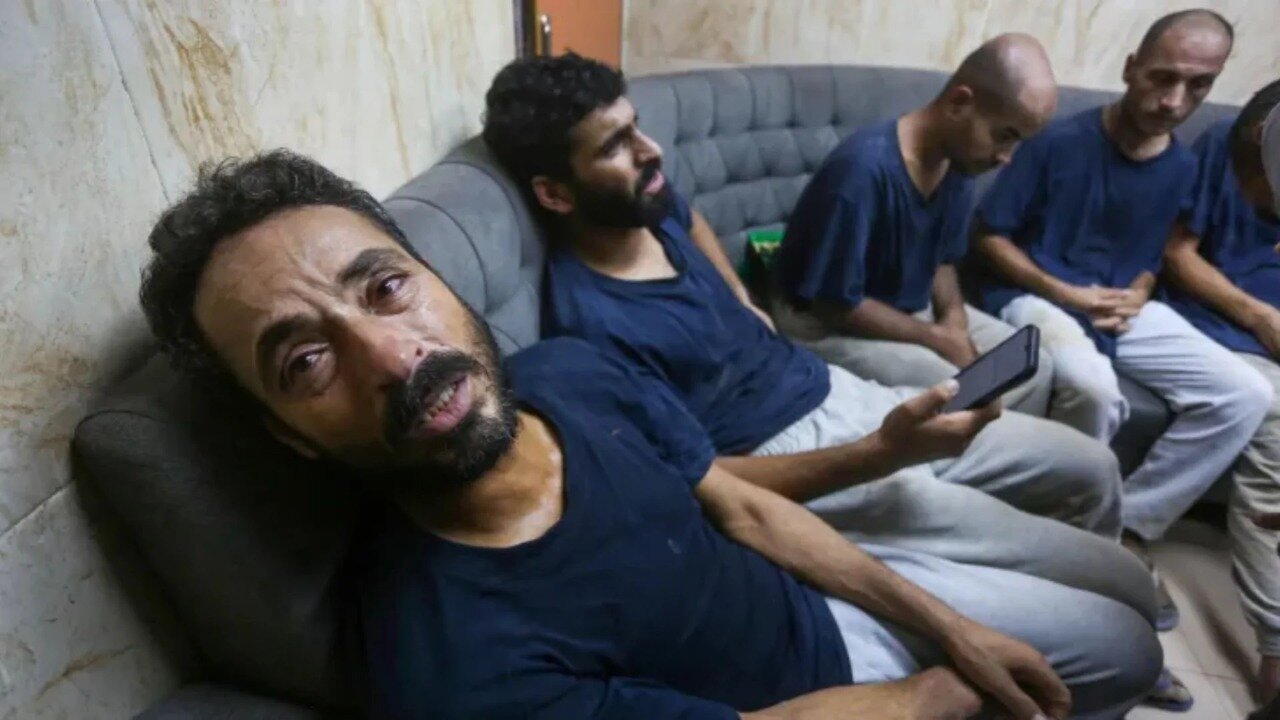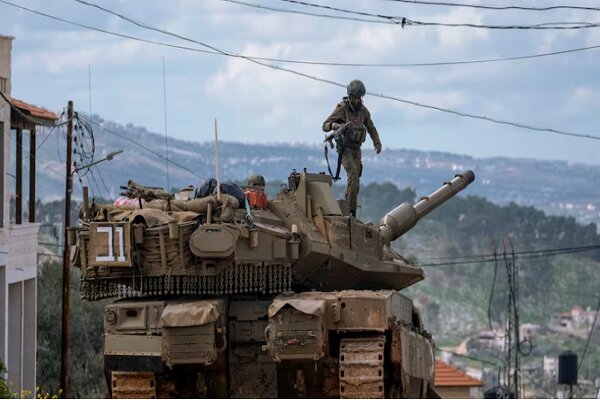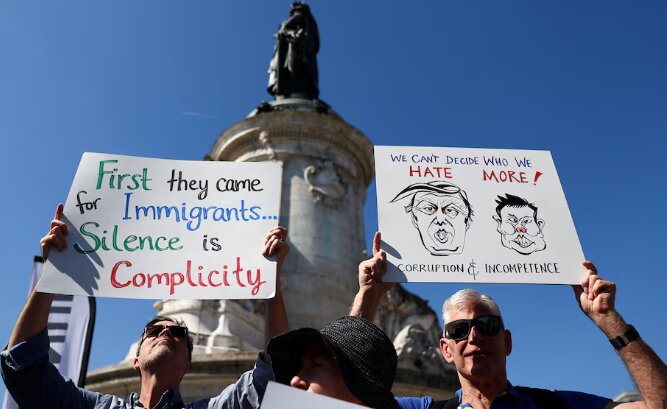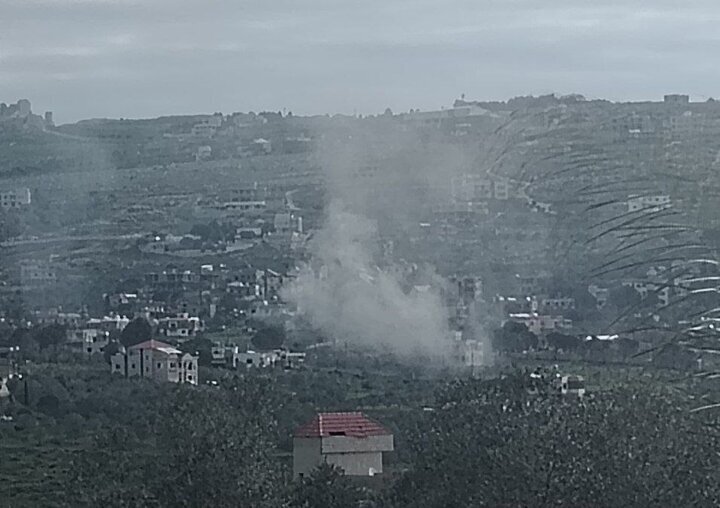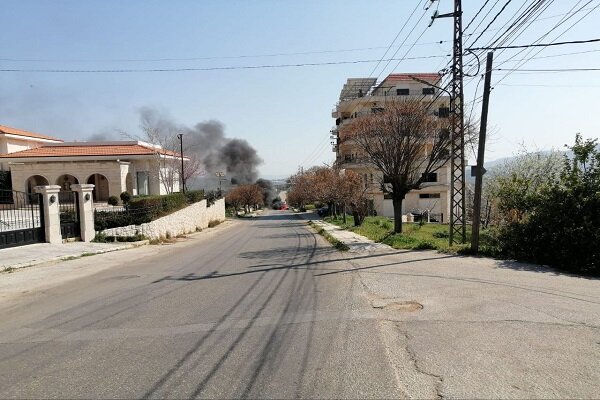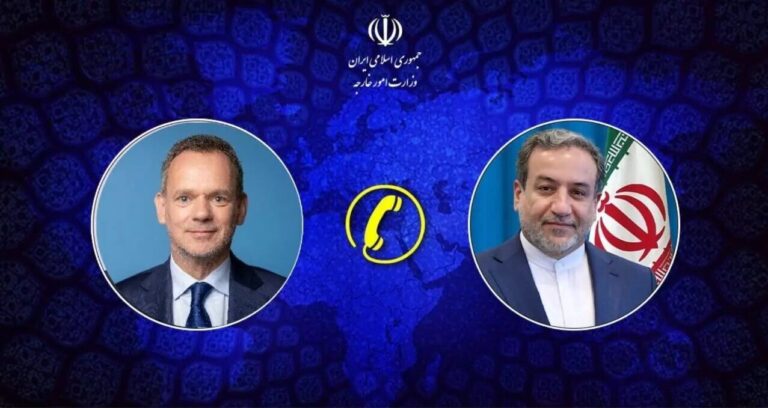Survivors Speak Out: Horrific Crimes Faced by Freed Palestinians
Recent revelations from freed Palestinian prisoners from Israeli jails have shed light on alarming human rights violations. These accounts detail a harrowing experience of physical and psychological torture, systematic starvation, and intentional medical neglect that led to severe health crises among the detainees.
According to the Palestinian Prisoners’ Media Office, the testimonies from these individuals unveil the extreme mistreatment they faced during their detention. Key points from their stories include:
- Severe Beatings: Many prisoners reported enduring days of brutal beatings by prison guards, with some experiencing rib fractures as a result.
- Systematic Starvation: The office highlighted that prisoners were subjected to intentional starvation, exacerbating their suffering.
- Medical Neglect: Deliberate neglect of medical needs led to outbreaks of diseases, such as scabies, amplifying the dire situation.
The Palestinian Prisoners’ Media Office emphasized that these brutal practices “reflect the level of mistreatment prisoners endure in occupation prisons, which has escalated unprecedentedly since October 7.” They further criticized the Israeli occupation for employing methods of torture that violate international laws and standards concerning the treatment of prisoners.
In a shocking account, freed prisoner Issa Al-Darabee from Ramon Prison shared his experiences, stating, “the Israeli occupation systematically starves prisoners while its soldiers live their daily lives as if they were at home.” This statement underscores the stark contrast between the lives of soldiers and the plight of prisoners.
The Palestinian Prisoners’ Club reported that the occupation’s practices resemble organized terrorism against the freed prisoners and their families. It was noted that families were prevented from holding any welcome celebrations for their loved ones upon their release.
The Governorate of Ramallah and Al-Bireh confirmed that ten freed prisoners were immediately transferred to hospitals due to critical health conditions. Similarly, in the Gaza Strip, released prisoners were taken to the European Hospital in Khan Younis for necessary medical examinations.
On Saturday, Hamas reiterated the urgent need for intervention from the United Nations and the international community to address the violations against Palestinian prisoners. They characterized these abuses as war crimes and crimes against humanity. A statement from Hamas highlighted that some prisoners released recently required immediate medical attention due to the mistreatment they suffered.
Reports emerged indicating that the latest group of freed prisoners had faced severe beatings from prison guards prior to their release. This violence is described by numerous NGOs as systematic terrorism against Palestinians held in Israeli prisons, including vulnerable groups such as women and minors.
In a contrasting statement, Hamas noted that despite the grim conditions, “the good physical and psychological condition of enemy prisoners proves our resistance’s ethical commitment to prisoners, while the criminal occupation commits the most heinous violations against our prisoners in its jails.” This reflects the resilience and moral stance of those advocating for the rights of Palestinian prisoners amid ongoing abuses.
The harrowing conditions faced by Palestinian prisoners in Israeli jails have drawn widespread condemnation. Human rights organizations and activists are calling for immediate action to address these violations, emphasizing the need for accountability and justice for the affected individuals.
- International Response: There are increasing calls for the United Nations and human rights organizations to intervene and address the ongoing abuses.
- Accountability: Advocates stress the importance of holding those responsible for these crimes accountable under international law.
- Public Awareness: Raising awareness about the plight of Palestinian prisoners is crucial in garnering international support for their rights.
As the situation continues to unfold, the plight of Palestinian prisoners remains a pressing issue that demands urgent attention from both local and global communities. The testimonies of those who have endured such violations serve as a call to action for all those committed to human rights and justice.
